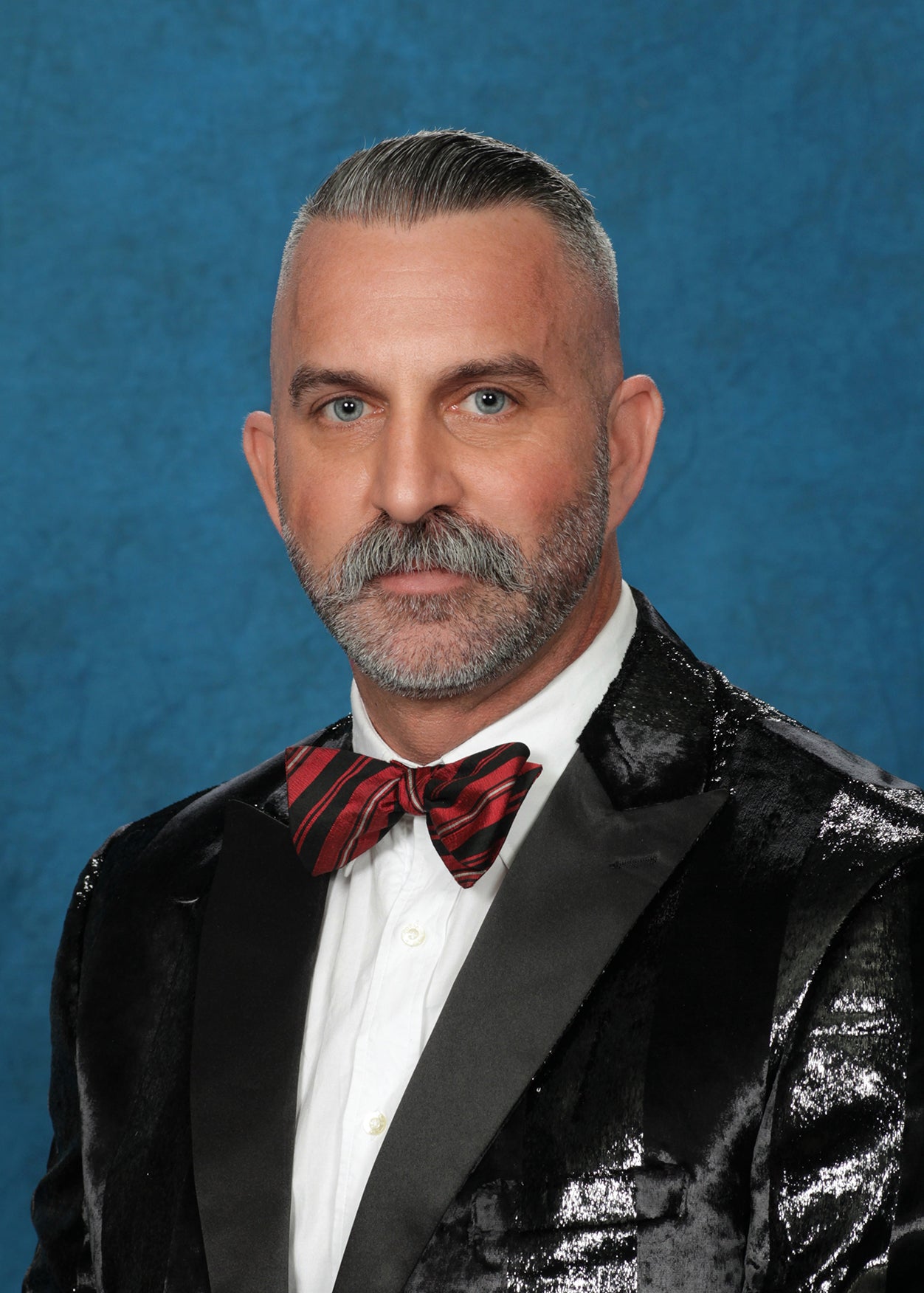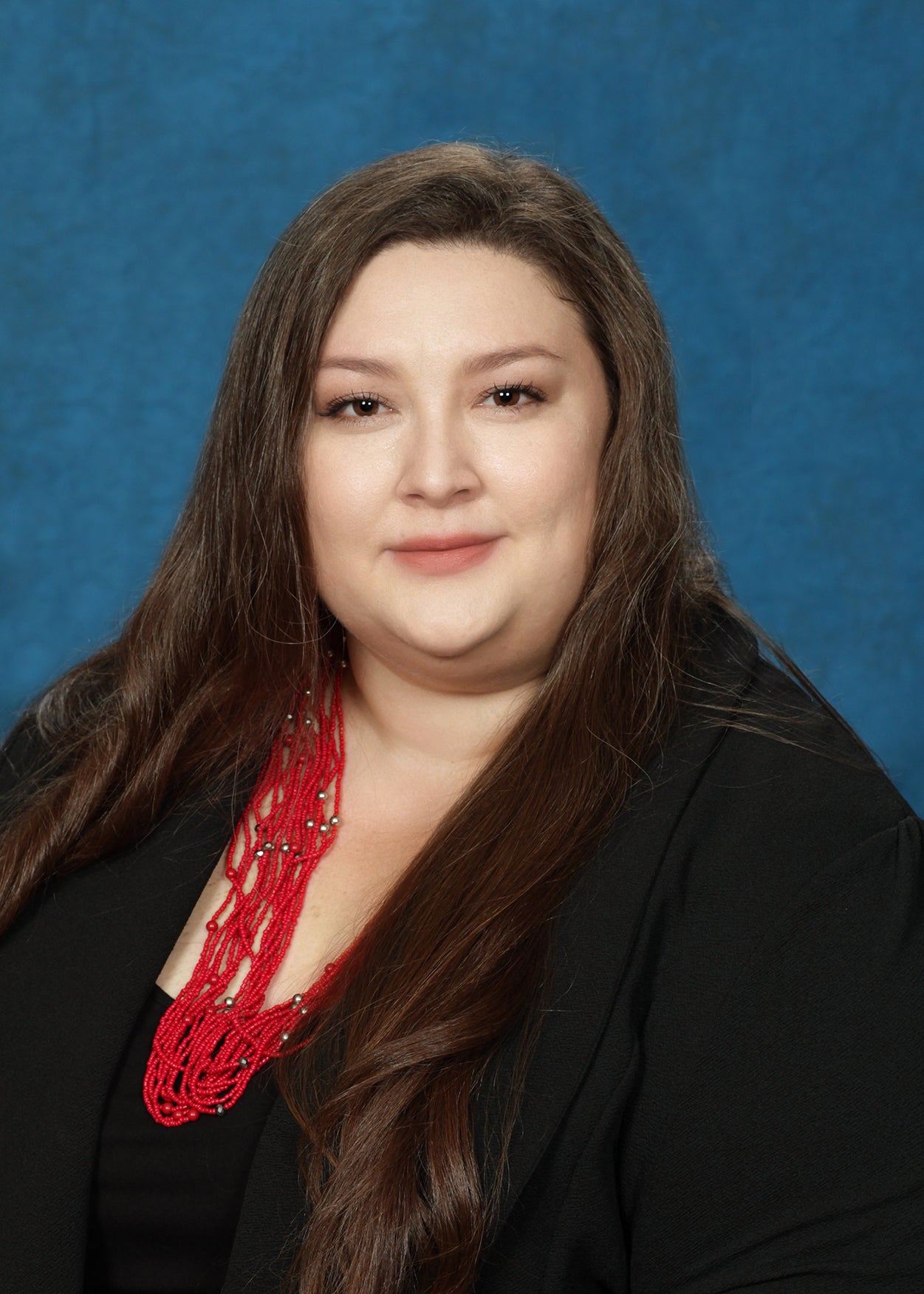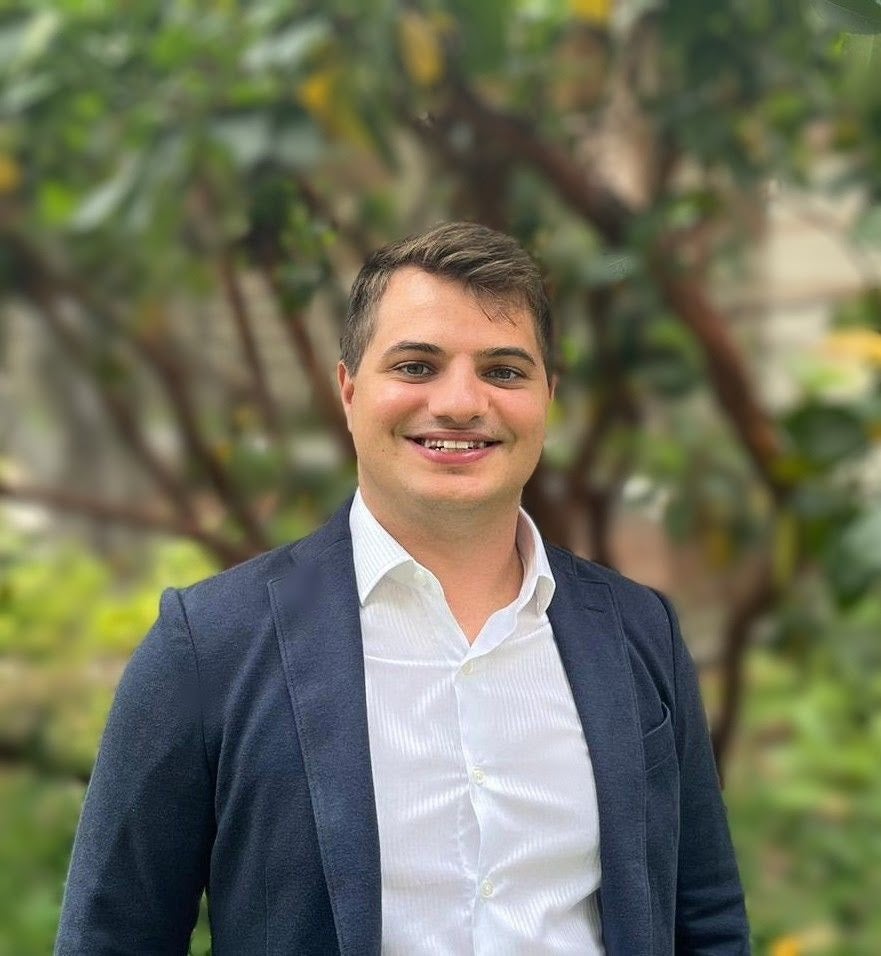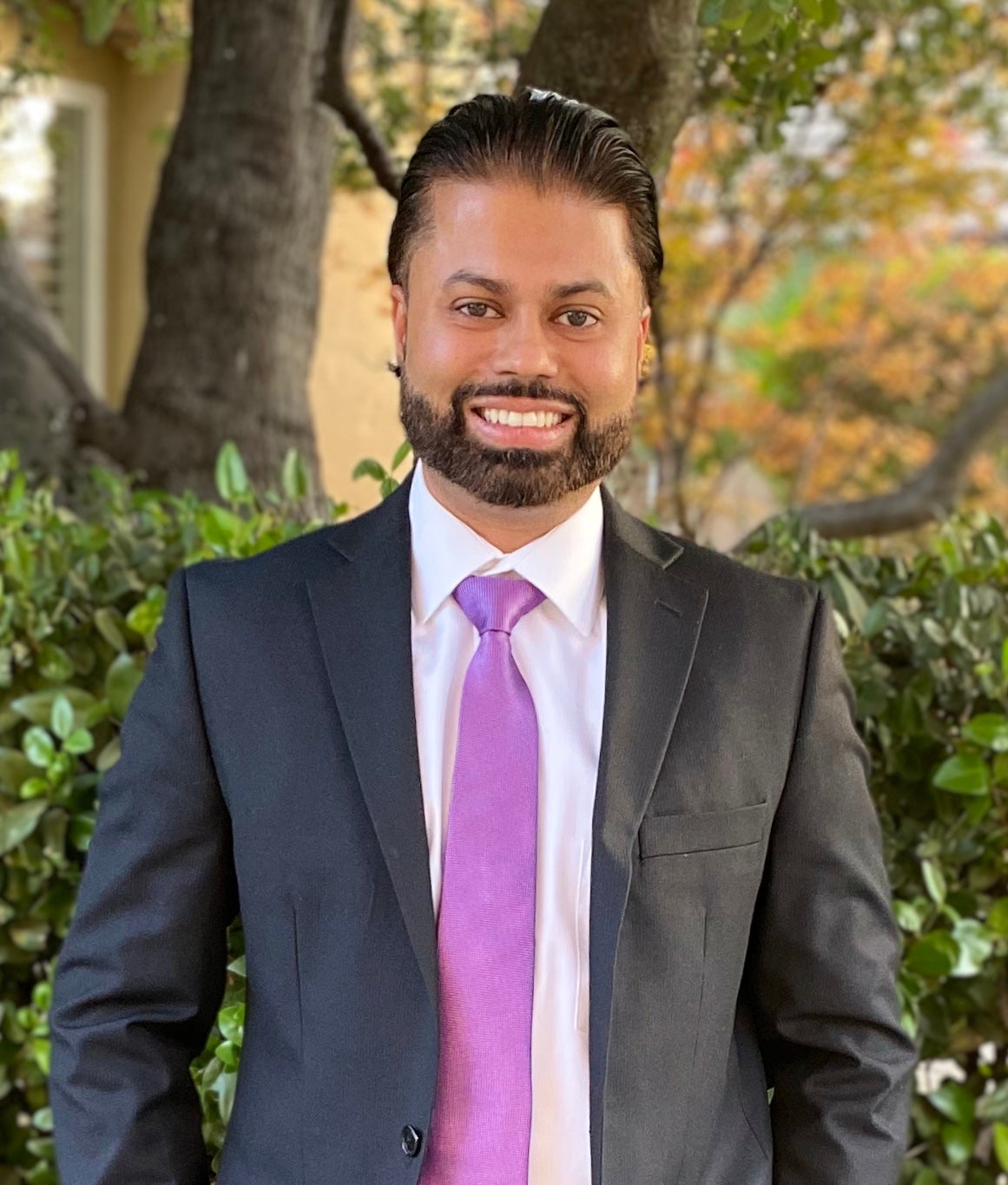Meet our Faculty

Cory Daniel Jaques, MD - Program Director
Medical School: University of Minnesota Medical School
Residency: University of California, Los Angeles, Semel Institute
Fellowship: University of California, Los Angeles, Semel Institute
Why did you go in Child Psych? There was never any choice for me. I have a passion for treating children, and in particular teenagers. My teenage years were... rough, and it gives me life to be able to help others get through these tough times. I particularly like that in the world of Child Psychiatry, we are not strictly psychopharmacologists, and there are opportunities to help a child by simply changing their environment. Plus, I am kind of a weirdo, and child psychiatry allows me to let down my guard and be a little weird. Oh, and I get to have Pokemon in my office.
Area of interests: I am particular interested in working with the LGBTQI+ population, and volunteer regularly with our local LGBTQI+ resource center, The Source. Academically, I am interested in education regarding this population, and all underserved populations in medicine. I am a strong advocate for the practice of ethical medicine, and promoting the principals of Justice, Equity, Diversity, and Inclusion. I also serve on the GME Wellbeing committee and strive to improve the wellbeing of residents and faculty. Personally, I am kind of a nerd. I like to play video games and watch Anime. I love my animals. I am a homebody, but I do love to travel with my husband, our favorite destinations being Japan and Scotland.
Why train in the Central Valley? The Central Valley is an exciting place to train because the access to care for children here is significantly lacking, and it is a place where you can make a profound difference as a Child Psychiatrist. The diversity of the patient population; socially, culturally, and psychopathology, is like nowhere else in the state of California.
Sukhjit Brar, MD - Faculty
Medical School: Christian Medical College, Ldh, India
Residency: Meharry Medical College, Nashville Tennessee
Fellowship: UCLA-Kern Medical Center
Area of interests: Anxiety disorders, Mood disorders, ADHD, suicide prevention.
Why train in the Central Valley? The Central Valley offers a good work life balance, which helps reduce stress and prevent burnout in the workplace. There are a lot of outdoor recreational activities, wonderful national parks, good restaurants, wonderful school districts, good housing options, to name a few. Along with that, you will get an all round mental health experience during residency/fellowship.
"I appreciate you taking time to read about this program and people. Good Wishes!"

Reza Emami, MD - Faculty
Medical School: American University of Antigua
Residency: Kaweah Health Medical Center
Fellowship: Kaweah Health Medical Center
Area of interests: ADHD, Mood Disorders, Addiction, and Transitional Age Youth
Why train in the Central Valley? I stayed at Kaweah Health because the Central Valley is home. I grew up and trained in this community, and it is meaningful to me to serve its' children and families. I also enjoy working with residents and fellows as we continue to strengthen mental health care in the region.

Aubreé Pereyra, MD - Associate Program Director
Medical School: Ross University School of Medicine
Residency: Kaweah Health Medical Center
Fellowship: University of Southern California
Area of interests: Human Development and working with special populations including children and adolescents with Autism-Spectrum-related disorders.
Why train in the Central Valley? Training and working in the Central Valley is a unique and rewarding experience. It offers the chance to serve high-need populations in rural and underserved parts of California, including migrant worker populations, farming communities, and families who have been part of small-town life for generations. Practicing in these settings allows me—and other trainees—to develop the skills necessary to deliver effective, evidence-based treatment in areas where we may be one of the few providers available. It’s both a challenge and an incredible opportunity to make a real difference.
Kristine Hwang, MD - Faculty
Medical School: University of the East Ramon Magsaysay Memorial Medical Center, Philippines
Residency: Kaweah Health Medical Center
Fellowship: Kaweah Health Medical Center
Area of interests: I have a strong interest in women's health, knowing how deeply a woman's well-being impacts her family and community. My work is further shaped by my personal life. I am the parent of a deaf child, which has given me a deep understanding of the challenges and strengths within the deaf and hard of hearing community. This experience continues to inspire me to make mental health services more inclusive and accessible. At the heart of my work and my life is a commitment to connection, compassion, and helping others feel understood and supported.
Why train in the Central Valley? I chose Kaweah Health for my Child and Adolescent Psychiatry fellowship because of its strong commitment to serving the Central Valley's diverse and underserved communities. Training here allows me to stay connected to my family while gaining invaluable experience caring for children, adolescents, and families who often face barriers to mental health services. The supportive faculty, community-centered approach, and opportunity to make a direct impact in the region made Kaweah Health a perfect fit for me.

Steven Siragusa, DO
Medical School: Liberty University College of Osteopathic Medicine
Residency: Kaweah Health Medical Center
Fellowship: University of Southern California - Los Angeles County
Area of interests: Child and adolescent psychiatry, neurodevelopment, trauma and attachment, psychopharmacology, and medical education
Why train in the Central Valley? Having been a graduate of Kaweah Health’s psychiatry residency, I feel deeply connected to the program’s mission and culture of mentorship. I chose to return to the KH CAP Program because of its strong commitment to collaborative training and comprehensive care for youth. I am passionate about teaching, mentorship, and helping trainees develop both the clinical skills and reflective practice necessary to thrive as child psychiatrists.
